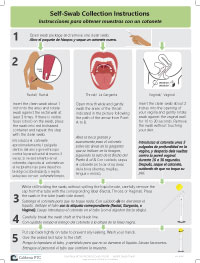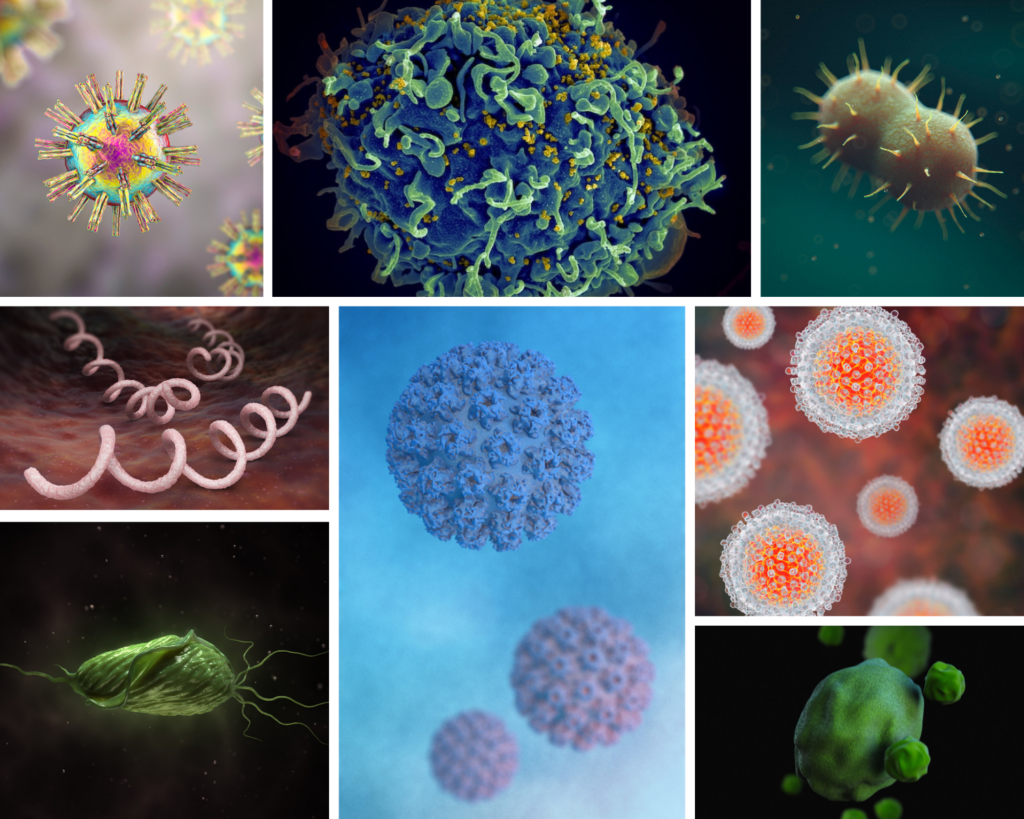Extragenital Screening
Don’t forget to swab! Among men who have sex with men, 84% of gonorrhea and chlamydia infections would be missed with urine-only screening1. Make sure your clients are screened for gonorrhea and chlamydia of the throat and rectum.

| What: | Extragenital Screening for Gonorrhea and Chlamydia |
| Where: | Rectum and throat |
| Who: | Men who have sex with men (MSM), transgender women, people living with HIV, and people on PrEP who report having receptive anal and/or oral sex |
| When: | At least annually, or every 3 to 6 months as needed based on exposure |
| Why: | When urine-only screening is performed, up to 90% of rectal gonorrhea and 77% of rectal chlamydia infections remain untreated1. HIV-negative men diagnosed with rectal infections are excellent candidates for PrEP, because they have a high risk of HIV infection |
| How: | Swab specimen (self or clinician-collected swab) |
The California Prevention Training Center supports clinics and providers in implementing rectal and pharyngeal STI screening.
For more information, contact us.

Resources for Providers
Extragenital Chlamydia and Gonorrhea Among Community Venue–Attending MSM, CDC MMWR
April 11, 2019
CA Department of Public Health, Dear Colleague Letter
February 20, 2019
National Coalition of STD Directors – Extragenital Testing
NYC Department of Health and Mental Hygiene – STI’s Among MSM Protocol Card
Resources for Clinics

Self Swab Instructional Posters:
CDC Recommendations for Laboratory-Based Detection of Gonorrhea and Chlamydia, March 14, 2014
Verification of Patient Self-Collected Extragenital Nucleic Acid Amplification Tests

- Marcus JL, Bernstein KT, Kohn RP, Liska S, Philip SS. Infections missed by urethral-only screening for chlamydia or gonorrhea detection among men who have sex with men. Sexually transmitted diseases. 2011 Oct 1;38(10):922-4.




